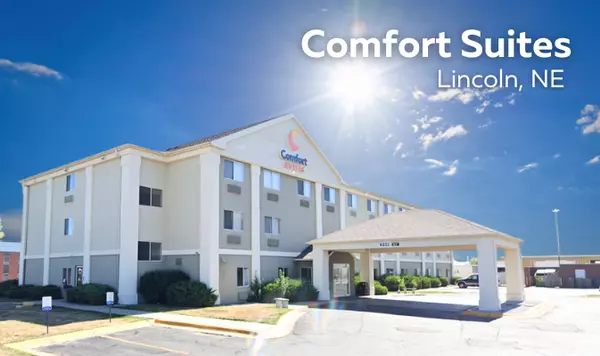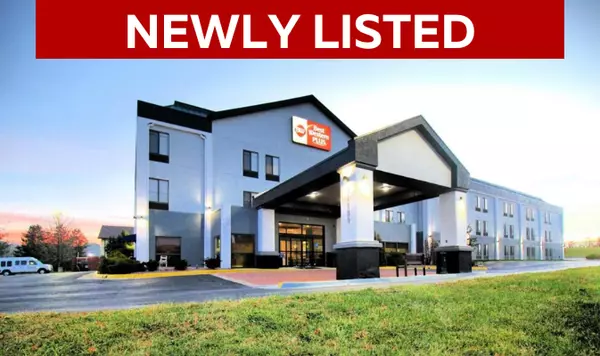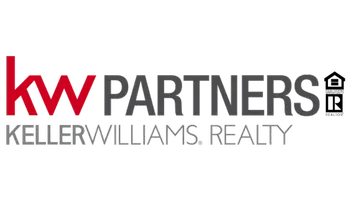Reimagining Barney Allis Plaza: Renewing the Heart of Downtown Kansas City

Reimagining Barney Allis Plaza: Renewing the Heart of Downtown Kansas City Kansas City is witnessing another major milestone in its downtown revival with the redevelopment of Barney Allis Plaza, an iconic civic landmark now being reimagined by global design firm HOK. The transformation aims to turn
Read MoreLighton Plaza Redevelopment on College Boulevard Faces Setback in Overland Park

Lighton Plaza Redevelopment on College Boulevard Faces Setback in Overland Park The proposed Lighton Plaza redevelopment at 7500 College Boulevard in Overland Park, Kansas, has hit a temporary roadblock. The Overland Park City Council has voted to send the rezoning application back to the Planning
Read MoreKansas City Commits $8.5 Million to Expand Affordable Housing Capacity

Kansas City Commits $8.5 Million to Expand Affordable Housing Capacity In a major move to bolster housing affordability, Kansas City is allocating $8.5 million toward eight new development and rehabilitation projects. Administered through the Affordable Housing Trust Fund, this investment will ena
Read More-

Selling Luxury Homes in Overland Park & Leawood, Kansas: What Works, What Doesn’t, and How RECO Can Help When it comes to selling luxury homes in Overland Park or Leawood, Kansas, the stakes—and the expectations—are higher. These thriving suburbs of Kansas City are known for their elegant estates, l
Read More Marriott Hotel for Sale in Kansas | Extended Stay Hotel Investment Opportunity

Marriott Hotel for Sale in Kansas | Extended Stay Hotel Investment Opportunity Looking for a top-tier hotel for sale in Kansas that combines brand power, income stability, and investment upside? Presenting the opportunity to acquire the TownePlace Suites by Marriott, an extended stay hotel located
Read MoreHospitality Investment Strategies: How REITs Are Shaping the Market in 2024

The hospitality industry is witnessing a strategic shift as major Real Estate Investment Trusts (REITs) reassess their portfolios to maximize returns. The recent CoStar article highlights how REITs are making calculated dispositions and reinvesting capital into high-growth properties, a move that p
Read More-

Are you looking for a lucrative investment in the real estate industry? Look no further than the Comfort Inn at 4231 Industrial Ave #59, Lincoln, NE 68504-1118. This 59-room hotel, built in 1994, is listed at $3,600,000 and offers a wealth of opportunities for savvy investors. Here’s an in-depth loo
Read More Kansas City Luxury Home Market Trends: Key Insights for Buyers in 2025

Kansas City Luxury Home Market Trends: Key Insights for Buyers in 2025 Introduction The luxury home market in Kansas City is evolving rapidly, making it essential for buyers to stay informed about the latest trends. Whether you're looking to invest in high-end real estate or searching for your drea
Read MoreDiscover Your Dream Home in Louisburg: A Secluded Oasis Awaits

Nestled in the serene landscapes of Louisburg, Kansas, lies a property that offers not just a home but a lifestyle. The listing at 26528 Metcalfe Rd is an extraordinary opportunity for those seeking privacy, space, and luxury. Priced at $1,749,010, this estate boasts 23 acres of picturesque land, s
Read MoreThe Ultimate Guide to Selling Your Home: Tips and Insights for a Successful Sale

The Ultimate Guide to Selling Your Home: Tips and Insights for a Successful Sale Selling a home is one of the most significant financial decisions you'll make, and it's not just about placing a "For Sale" sign in the front yard. From pricing strategies to home staging, every step you take can signi
Read MoreKansas City’s Named Hottest Real Estate Market 2024!

Kansas City Real Estate Market Wrap-Up: 2024 and Trends for 2025 Kansas City earned recognition as one of the Top hottest housing markets in the nation in 2024, according to a report by U.S. News & World Report. This accolade reflects the metro area's consistent growth, competitive housing inventor
Read MoreEssential Tips for First-Time Commercial Property Investors

Essential Tips for First-Time Commercial Property Investors Investing in commercial real estate (CRE) can transform a portfolio, delivering consistent cash flow, appreciation, and a hedge against market volatility. However, the path to becoming a successful commercial property investor is nuanced,
Read MoreUnlocking Potential: The Investment Opportunity at 11130 N Ambassador Dr, Kansas City

In the dynamic world of real estate, few opportunities present themselves as compellingly as the listing for 11130 N Ambassador Dr #Best Western Plus in Kansas City, MO. With a listing price of $0, this property stands out not just for its financial potential but also for its strategic location and
Read MoreAugust 2024 Commercial Real Estate Market Insights

-

-

-

-

NAR Releases New Consumer-Focused Resources Ahead of Practice Changes in Settlement Agreement

-

Categories
Recent Posts










